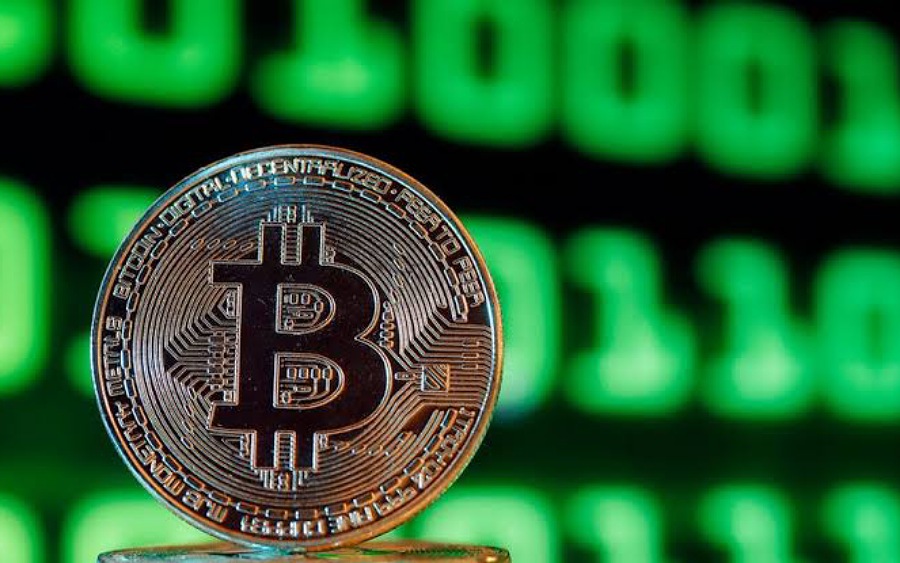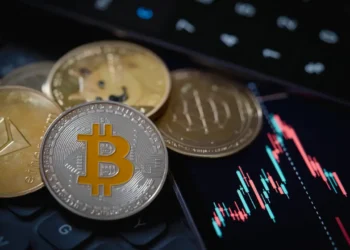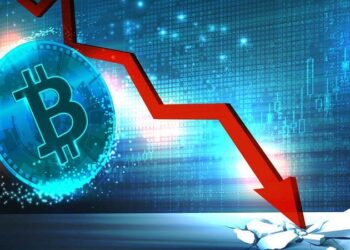Congress heard U.S SEC Chair Gary Gensler say on Tuesday that the Securities and Exchange Commission does not plan to ban cryptocurrency.
Gensler responded when Rep. Ted Budd, a long-time cryptocurrency supporter and member of the Congressional Blockchain Caucus, questioned if the SEC will follow China’s lead in banning crypto and replacing it with a potential central bank digital currency (CBDC).
Likewise, Powell told the House Financial Services Committee two weeks ago that the Fed will never ban crypto. Gensler’s assertion that crypto will not be banned mirrors something Powell disclosed last week.
A growing debate on Capitol Hill is occurring about how crypto and its various components, such as stablecoins and exchanges, are to be regulated. Congress has raised questions about how the SEC is regulating crypto.
The four-hour hearing on Tuesday was intended to get the senator’s opinions about cryptocurrency, stablecoins, regulating exchanges, and decentralization.
In addition to reiterating some of his previous remarks on crypto regulation, Gensler also discussed potential systemic risks posed by stablecoins and the need to regulate them, as well as the fact that “most” crypto-assets fall under the definition of securities.
Nevertheless, Gensler also explained the role of the SEC in regulating the crypto industry.
Upon being asked by Rep. Jim Himes to offer guidance on the subject of crypto regulation, Gensler reiterated the previous position that crypto exchanges should be registered with the SEC but added that decentralized exchanges would also be subject to regulation.
“Even decentralized platforms, known as DeFi platforms, employ a centralized protocol. Despite their different custody practices [compared to centralized exchanges], I think those are the best places to apply public policy,” he said.
In response to several questions, Gensler reiterated his stance on stablecoins, which he has previously called “poker chips” at the crypto “casino.” Gensler called stablecoins a systemic risk for the economy.
Genser compared stablecoins to poker chips at a casino. “It has grown over tenfold in the last year, so I believe this could pose systemic risks if it continues to grow,” he stated.


















